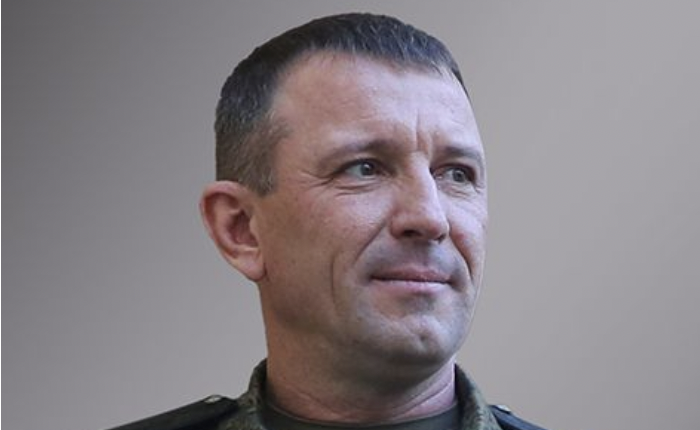Major General Ivan Popov, the former commander of Russia’s 58th Army, was recently arrested on suspicion of fraud, as part of a wider investigation involving large-scale fraud in the country. This arrest is significant as several high-level Russian officials have been arrested in recent weeks on corruption-related charges. Popov’s arrest follows the arrest of Deputy Defense Minister Timur Ivanov in April on charges of bribery, making it one of the highest-profile corruption cases in Russia since the start of the full-scale war in Ukraine. Popov was dismissed from his position in July 2023 after reportedly bypassing the command of Chief of the General Staff of the Russian Armed Forces Valery Gerasimov and attempting to directly appeal to the Kremlin over grievances about the lack of rotation of his troops and poor conditions on the battlefield.
In addition to Popov’s arrest, reports from state-run media outlet TASS and other media sources have revealed that another Russian official in the Urals region, Andrey Kislitsyn, has also been arrested on suspicion of bribery. While details on the charges were not provided, Kislitsyn has been sentenced to at least two months of pre-trial detention. These arrests signal a crackdown on corruption within Russia’s government and military, as authorities aim to address issues of bribery and fraud at high levels. The lack of transparency and accountability within the Russian government has long been a concern, and these recent arrests may be a step towards addressing these systemic issues.
The arrests of high-ranking Russian officials on corruption charges come at a crucial time, as Russia’s involvement in the war in Ukraine continues to escalate. With the conflict in Ukraine being a focal point of international attention and condemnation, these corruption cases add another layer of complexity to Russia’s actions and motives. The arrests of individuals like Popov and Ivanov highlight the challenges faced by those within the Russian military and government who may be disillusioned with the leadership and internal corruption. It remains to be seen how these arrests will impact Russia’s military operations and internal dynamics amidst the ongoing conflict in Ukraine.
The significance of these arrests extends beyond the internal affairs of Russia, as they also have implications for the broader geopolitical landscape. The war in Ukraine has already strained Russia’s relations with Western countries and led to sanctions and condemnations from the international community. The arrests of high-ranking officials on corruption charges could further erode Russia’s credibility and trustworthiness on the global stage, potentially complicating diplomatic efforts and negotiations. The need for transparency and accountability within the Russian government and military is crucial not only for addressing internal corruption but also for restoring trust and stability in international relations.
As the investigations into these corruption cases continue, it remains to be seen how the Russian government will respond and whether further arrests or reforms will be implemented. The arrest of Popov and others may be a signal of a broader effort to clean up corruption within Russia’s military and government, or it could be a selective targeting of individuals for political purposes. Regardless, these arrests underscore the challenges and complexities facing Russia as it navigates domestic corruption issues alongside international conflicts and tensions. Support for independent journalism and transparency in reporting on these cases is essential for holding those in power accountable and promoting good governance within Russia and beyond. By staying informed and engaged in these issues, individuals can contribute to promoting justice, integrity, and ethical leadership in the face of corruption and abuse of power.


